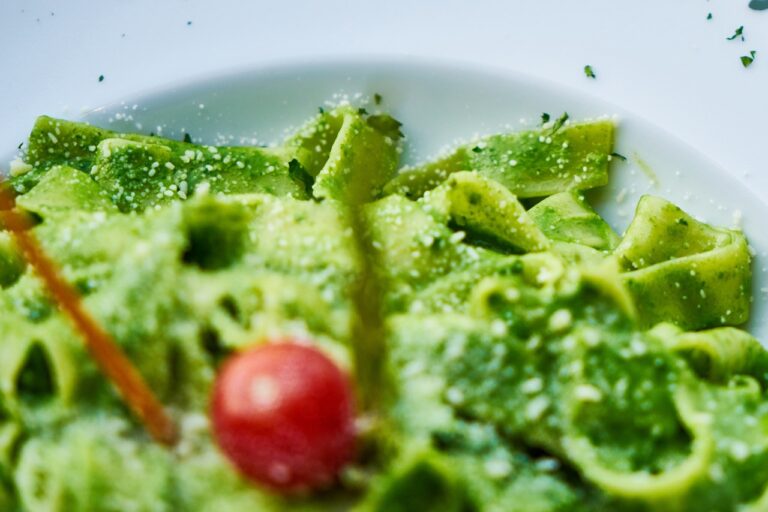Mental Health and Nutrition: Foods That Support Cognitive Function
all pannel.com, cricket bet99, lotus365 vip login:Mental Health and Nutrition: Foods That Support Cognitive Function
We all know that what we eat plays a significant role in our physical health, but did you know that it also affects our mental health? The foods we consume can have a direct impact on our cognitive function, mood, and overall mental well-being. In this blog post, we will explore the connection between mental health and nutrition, as well as highlight some of the best foods to support cognitive function.
Fuel Your Brain with the Right Foods
Just like any other organ in our body, our brain needs the right nutrients to function optimally. When we eat a diet rich in whole, nutrient-dense foods, we provide our brain with the fuel it needs to stay sharp and focused. On the other hand, a diet high in processed foods, sugar, and unhealthy fats can lead to cognitive decline and mood swings.
The Importance of Omega-3 Fatty Acids
Omega-3 fatty acids are essential fats that play a crucial role in brain health. These fats are found in high concentrations in the brain and help to support cognitive function, memory, and mood. Good food sources of omega-3s include fatty fish like salmon, mackerel, and sardines, as well as walnuts, flaxseeds, and chia seeds.
Load Up on Antioxidants
Antioxidants are compounds that help to protect our brain cells from damage caused by free radicals. By consuming a diet rich in fruits and vegetables, we can increase our intake of antioxidants and support our cognitive function. Some of the best sources of antioxidants include berries, dark leafy greens, and colorful vegetables like bell peppers and tomatoes.
The Power of Protein
Protein is essential for brain health as it provides the building blocks for neurotransmitters, which are chemical messengers that allow our brain cells to communicate with one another. Include sources of lean protein in your diet, such as poultry, eggs, tofu, and legumes, to support cognitive function and mood regulation.
Don’t Forget About Carbohydrates
While carbohydrates have gotten a bad rap in recent years, they are actually an important source of energy for our brain. Opt for complex carbohydrates like whole grains, fruits, and vegetables, which provide a steady supply of glucose to the brain and help to maintain optimal cognitive function.
Stay Hydrated
Dehydration can have a negative impact on our cognitive function, leading to fatigue, confusion, and poor concentration. Make sure to drink plenty of water throughout the day to support your brain health and overall mental well-being.
Foods That Support Cognitive Function
In addition to the nutrients mentioned above, there are several specific foods that have been shown to support cognitive function and mental health. Some of these include:
– Turmeric: This powerful spice contains an active compound called curcumin, which has been shown to have anti-inflammatory and antioxidant properties that can support brain health.
– Dark chocolate: Rich in antioxidants and flavonoids, dark chocolate can help improve blood flow to the brain and enhance cognitive function.
– Nuts and seeds: Packed with omega-3 fatty acids, antioxidants, and vitamin E, nuts and seeds are a great snack option to support brain health.
– Green tea: This beverage is rich in antioxidants and contains a compound called L-theanine, which has been shown to improve focus and mental alertness.
FAQs
Q: Can certain foods help improve my mood?
A: Yes, some foods have been shown to support mood regulation by impacting neurotransmitter levels in the brain. Foods rich in omega-3 fatty acids, protein, and antioxidants can all help improve mood and overall mental well-being.
Q: How quickly will I notice a difference in my cognitive function after changing my diet?
A: While the effects of diet on cognitive function can vary from person to person, many people report feeling sharper and more focused within a few weeks of making dietary changes.
Q: Are there any foods I should avoid for optimal brain health?
A: Foods high in sugar, unhealthy fats, and processed ingredients can all have a negative impact on cognitive function and should be consumed in moderation.
In conclusion, the foods we eat play a crucial role in supporting our mental health and cognitive function. By choosing nutrient-dense foods like fatty fish, fruits, vegetables, nuts, and seeds, we can provide our brain with the fuel it needs to thrive. Remember to stay hydrated, limit processed foods, and prioritize whole, real foods to support your brain health and overall well-being. Your brain will thank you!







